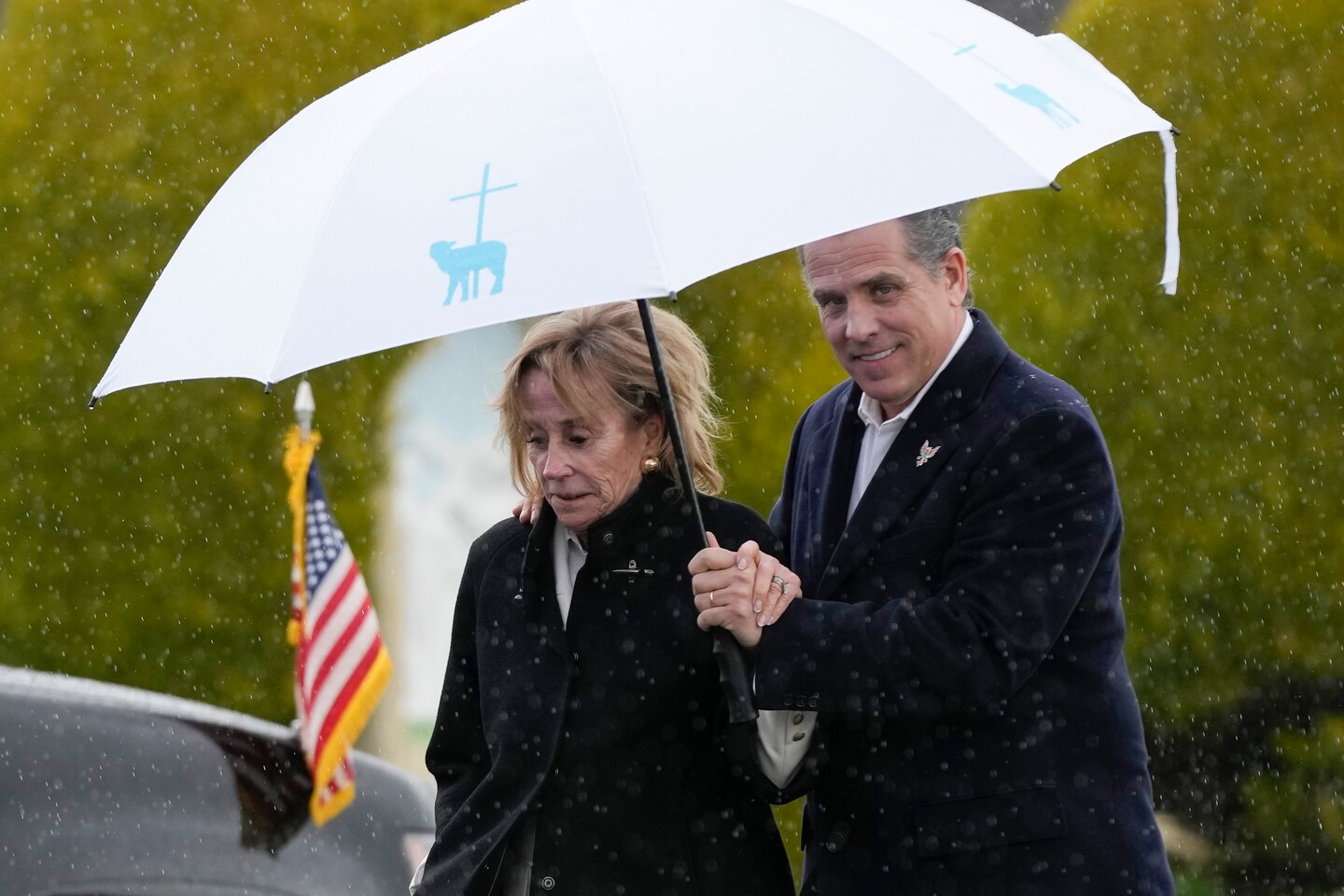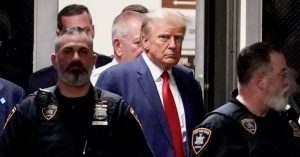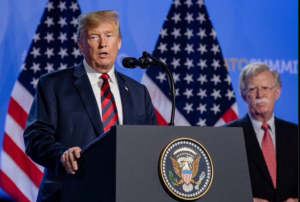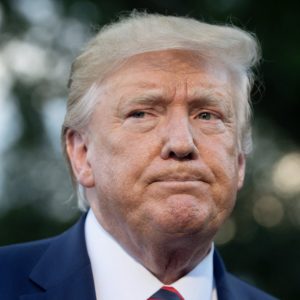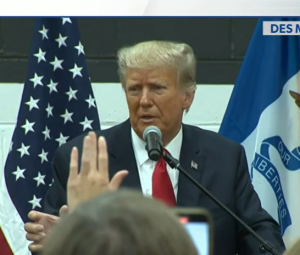Hunter Biden‘s case is being investigated by a federal prosecutor with decades of expertise, who was nominated by Donald Trump.
Hunter Biden’s legal representatives met with David Weiss, the US attorney for Delaware, in April after they had asked for a routine progress update on the inquiry. The lengthy investigation, which started as early as 2018, once focused on a number of financial and economic transactions made in foreign nations beginning with Joe Biden’s stint as vice president.
Also Read: Donald Trump Jr calls Hunter Biden ‘sweetheart’ as he reacts to his plea deal
According to court documents, Hunter Biden, 53, made an arrangement on a gun-related offense that may allow him to escape prosecution and agreed to plead guilty to two misdemeanor charges of willfully failing to pay income taxes.
Weiss was tasked with leading a highly sensitive probe of the Democratic president’s son, who has come under heavy scrutiny from Republican lawmakers. Weiss was hailed by former coworkers as an independent-minded career prosecutor.
Weiss began his legal career in 1984 as a law clerk to Justice Andrew D. Christie of the Delaware Supreme Court, according to his Justice Department biography. Weiss is a graduate of Washington University in St. Louis and Widener University School of Law.
Weiss prosecuted violent crimes and white-collar offenses as an assistant US attorney after completing his clerkship before joining the law firm Duane Morris, where he initially worked as a commercial litigation associate before rising to the position of partner. His biography states that he eventually worked for the financial services company The Siegfried Group as chief operating officer and senior vice president.
He served as the first assistant US attorney starting in 2007.
Hunter Biden’s inquiry by Weiss persisted throughout the Biden administration, causing Attorney General Merrick Garland to emphasize in a Senate committee hearing in March that he would not obstruct the probe. He underlined at the time that Weiss had “full authority” to conduct the inquiry and, if required, involve additional jurisdictions.

